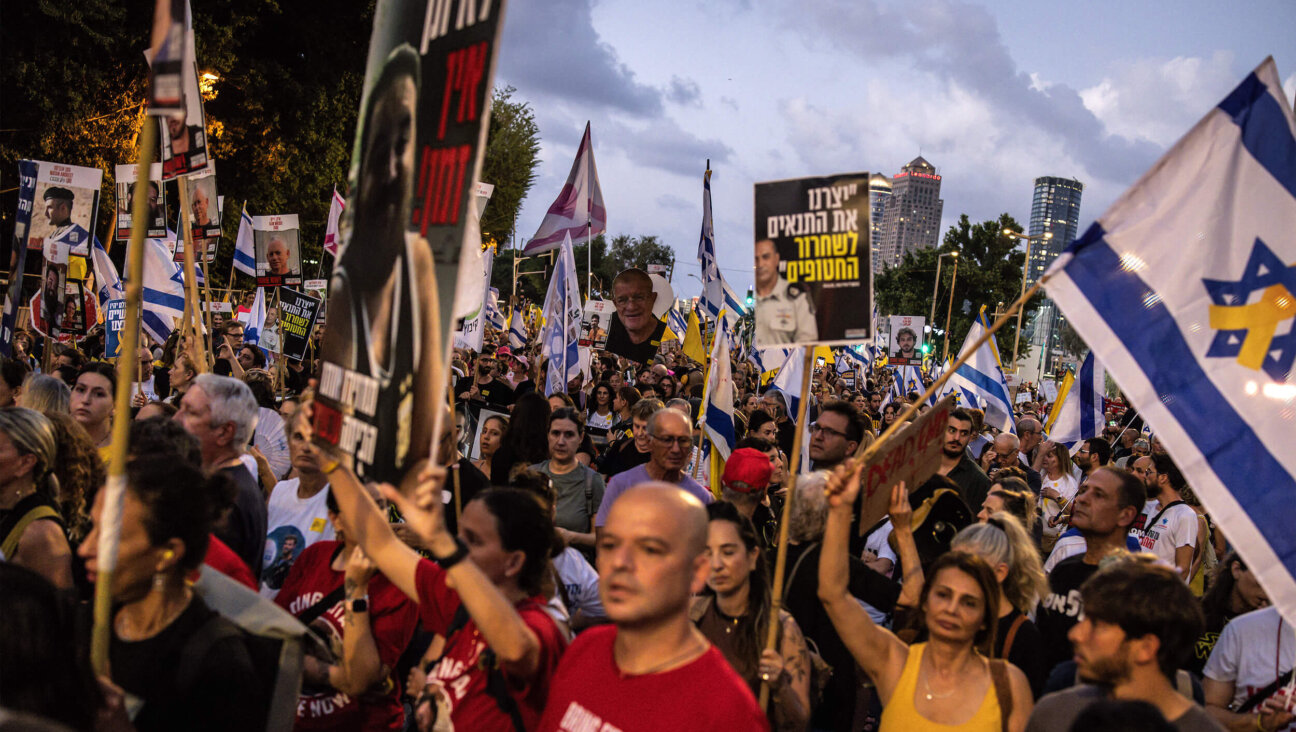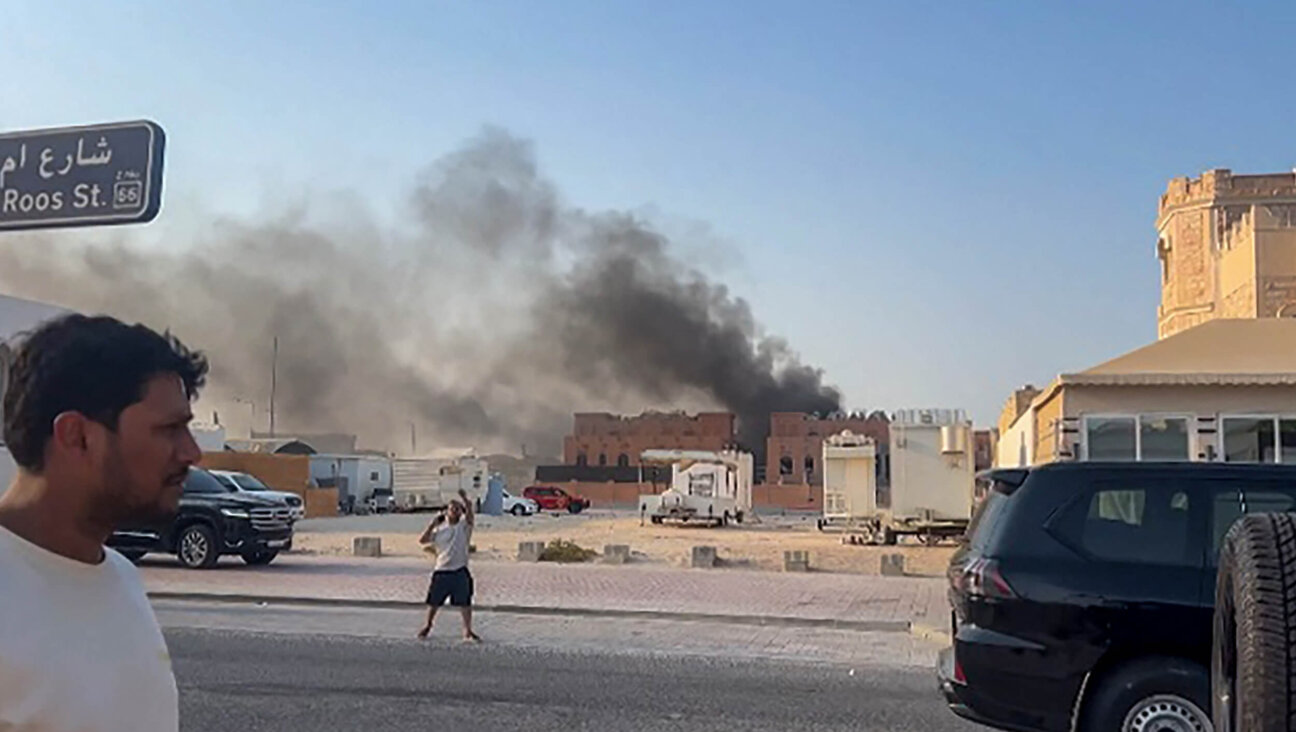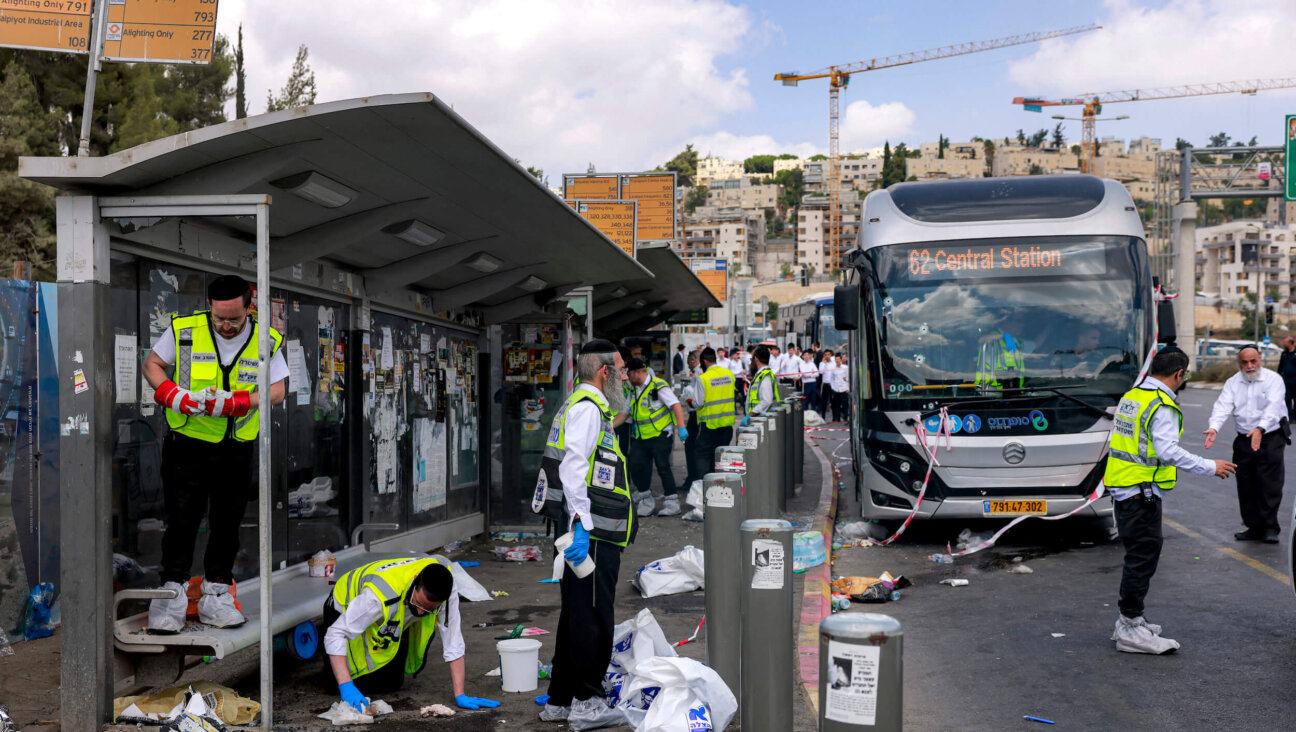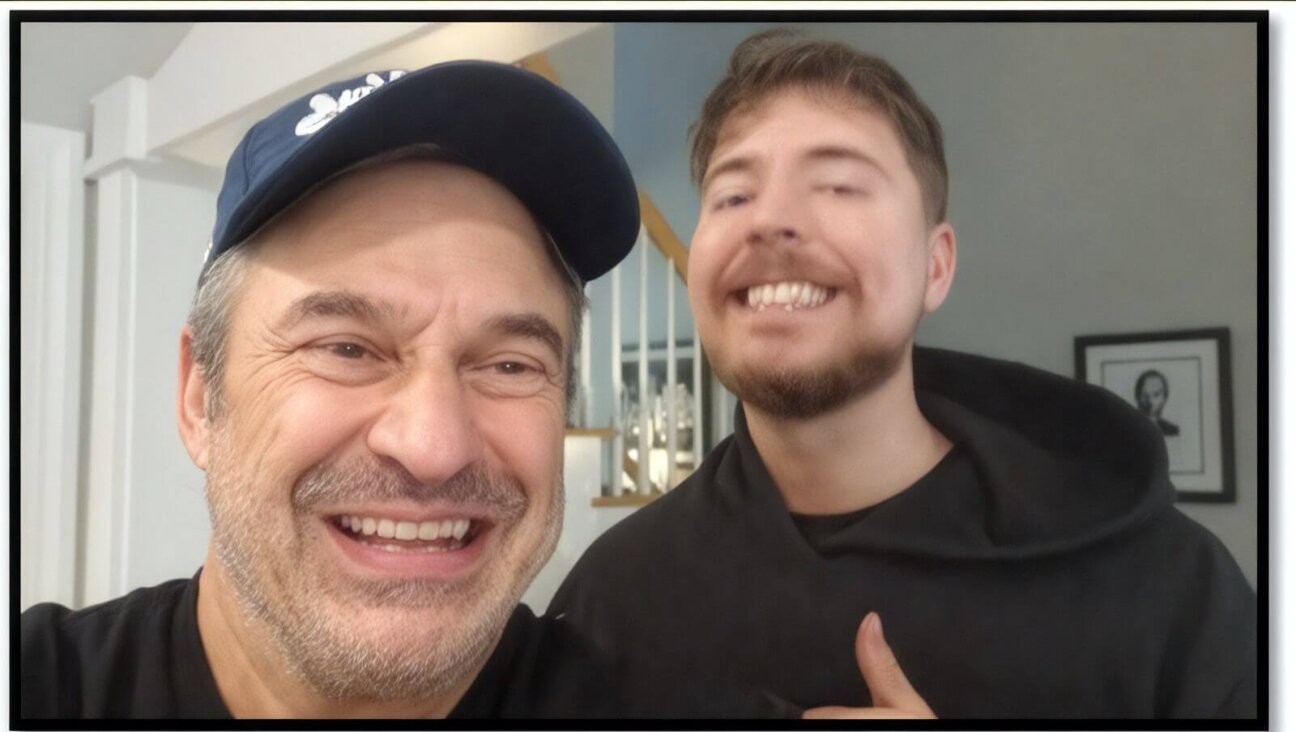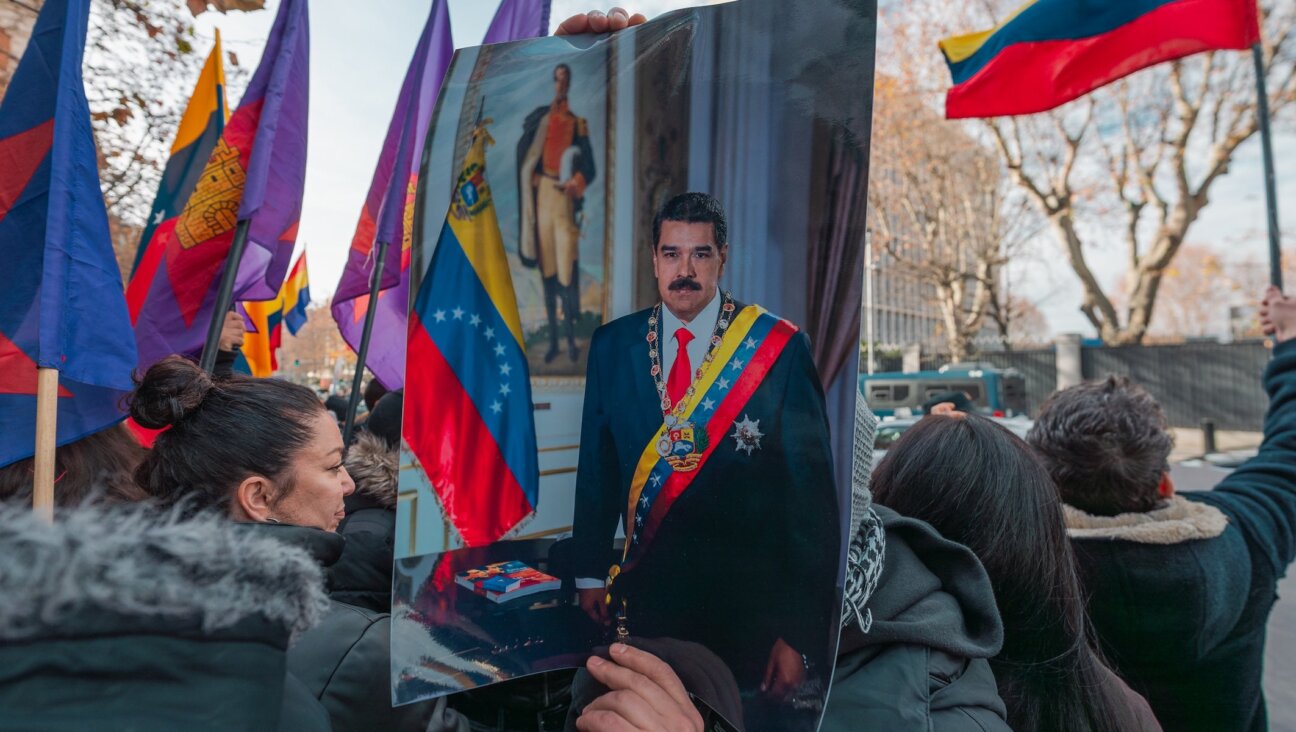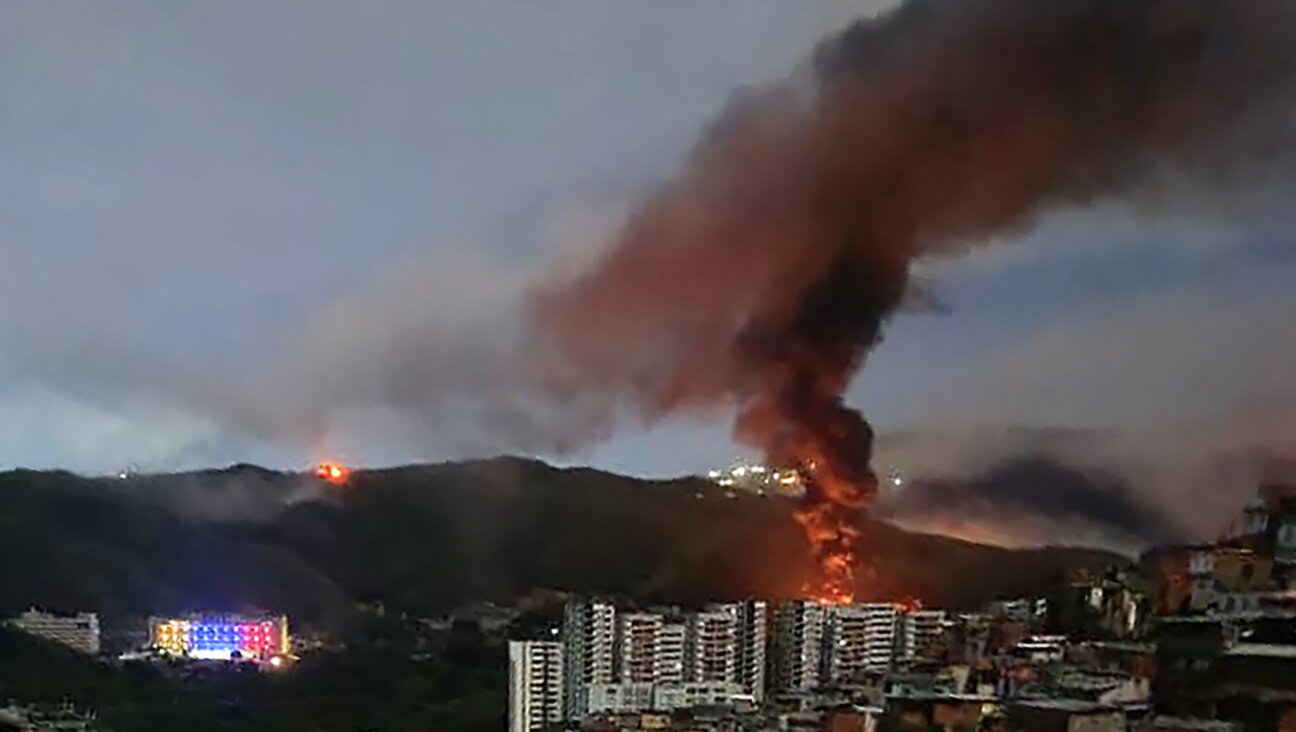What Americans Don’t Know About the Middle East Conflict and Why

Image by Getty Images
Israeli Prime Minister Benjamin Netanyahu knows better than anyone else that if we Palestinians are permitted to engage non-violently, odds are we will expose Israel’s military occupation for what it is, a system of modern-day apartheid or worse. This is why, following his March election victory, Netanyahu assembled an extreme right-wing cabinet that would work to ensure that Palestinians were provoked to the point of turning violent.
He did this thinking that such violence, and the backlash he could unleash, would have limited international repercussions since Americans have been actively, thoroughly, and consistently deprived of the context necessary to understand the conflict.
For decades, every time violence has broken out, Israel has simply switched on its well-oiled public relations campaign designed to discredit Palestinians. In a new twist, the Israeli government recently began giving scholarships to university students who are willing to sit at their computers posting endless streams of comments on news sites and social media, engineered by Israeli experts to counter any criticism of Israel. Addressing western audiences, mainly American, Israel decontextualizes the violence.

Image by Getty Images
A prime example is how Israel links every act of Palestinian violence to religious fervor, without any suggestion that Israel’s military occupation since 1967 and annexation of Jerusalem in 1980 could give grounds for legitimate political grievance. For decades, Palestinians in Jerusalem have been systematically humiliated, discriminated against, and even stripped of their Jerusalem residency status. Instead of providing a context that might help explain and stem the attacks, Israel goes to the extreme to make it seem as if Palestinians were just a different breed of people, bent on inexplicable violence. It has worked brilliantly, until now.
Today, after years of developing effective non-violent tools to resist the occupation, everything from a boycott, divestment and sanctions campaigns all the way to challenging the occupation in venues of the United Nations, such as the International Criminal Court, Palestinians have built a solidarity movement that can be found in every corner of the globe. We are finally giving the occupation a run for its money.
However, in America, despite widespread educational efforts on the issue in almost every state, change has been slow. Context is key, and Americans have been consistently deprived of the relevant context for understanding this conflict. Is it any wonder that so many Americans rush to contextualize Palestinian behavior by borrowing whatever negative Middle Eastern tags happen to be fashionable at the moment — from Osama bin Laden to ISIS, from Saddam Hussein to Hezbollah. If the comments online are any indication, a common response in the USA to the recent tragic events in and around Jerusalem is to call into question our very humanity.
Completely missing from this discourse is that the United States is the leading player in the actions, or inactions, of the international community that have allowed the situation to boil over once again. It is the U.S. that monopolized the peace process, that substantially arms Israel and that covers for it diplomatically like no other state in the world. Moreover, an annual $3 billion in American tax dollars flow to Israel in aid and goods. These rewards are carrots to keep Israel strategically allied to the U.S. but the weapons and equipment, not to mention the freeing up of Israeli tax dollars, are used as sticks to systematically oppress Palestinians on both sides of the Green Line.
For the average American citizen, in 2015, to still view Palestinians as creatures from Mars, their all-too-human desperation seen without any historic context and independently of any relation to the Israeli military occupation which runs their lives, is no longer acceptable. The American education system and media must do better, for the sake of us all.
Theoretically, American politicians and lawmakers could compensate for Americans’ lack of knowledge of the conflict but, alas, little hope is to be found in that direction: U.S. politics has long been allied with the pro-Israeli lobby and Congress has become an echo chamber for Israeli state propaganda.
It is a shame that the average American remains completely in the dark about what it means to live under military occupation. The Israeli “occupation” that Palestinians have been living under for 48 years is a brutal military rule that reaches into every corner of every Palestinian’s life. It controls where we can go and when, where we can live, how we practice our religion, and so many other vital matters, including whether we live or die.
The acts of violence we are witnessing against Israelis are horrifying — as are less publicized and more numerous Israeli attacks against Palestinians. We can remain appalled by the violence but can nevertheless understand what is motivating the actions. Indeed, to have any chance of stopping them, we are obliged first to understand why they are happening. For Palestinians, the names and places in the Bible, holy to so many Americans, are more than words we recite at church on Sundays: Jerusalem, Bethlehem, Nazareth and Jericho are our homes and when violence breaks out in those places, it is we and our children who have the most to lose.
Israeli and Palestinian casualties are a loss to us all and their memories should serve as an eternal reminder to all sides — that without an end to the Israeli occupation there can be no winners or losers, only more mourners on both sides.
The writer is a native of Youngstown, Ohio who lives in Al-Bireh in the occupied West Bank and serves as a policy adviser to Al-Shabaka, the Palestinian Policy Network, and is chairman of Americans for a Vibrant Palestinian Economy. He blogs at ePalestine.com.

